If you haven't yet, follow us on X (Twitter) to know when we post new articles, and join our Reddit or Subscribe to us on YouTube to check out our content and interact with our awesome community. Thank you for supporting us!
There have been a lot of developments in the industry in the last two years, and it has made the environment a little more volatile for the developers making games. Even though the video game industry is growing exponentially and making a ton of money, layoffs are running rapidly, even from the biggest studios. Most recently, Xbox closed down different studios, including Tango Gameworks, which made Hi-Fi Rush a critically acclaimed, award-winning game and killed a lot of trust gamers and developers had with the brand.
This has been an ongoing issue, and we have seen it with PlayStation as well. Last year, they cut 900 jobs, which saw people laid off from acclaimed studios like Insomniac and Naughty Dog. Most recently, they made the controversial decision to force gamers to connect a PlayStation account to play HELLDIVERS 2, which prompted Steam users to review bomb the game.
Trust in two of the three big console makers has eroded a bit, making it very hard to rely on their decision-making. With this in mind, I think now is the perfect time for Valve to re-release the Steam Machine, taking a similar approach as they did with the Steam Deck. They may have failed by launching all the components before they were ready and making a multitude of different models, but I think they can take some of the lessons learned from the Steam Deck and apply them here so they can succeed.
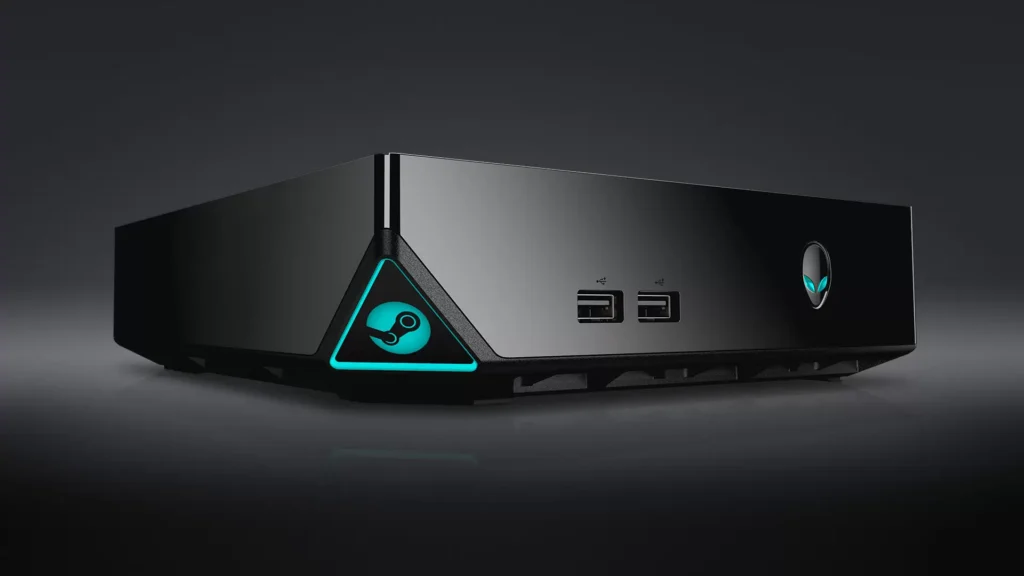
For reference, the Steam Machine is a computer that was created to mock a console-like experience. It was released in 2015 and was a cheaper-ish PC that was modeled to look like a console, used a custom OS, and utilized Steam's Big Picture mode to make it feel like you were using a simplified UI interface like the Xbox or PlayStation. Valve created the Steam Controller to be used easily, but with less than 500,000 units sold, the device was discontinued. There are a couple of reasons for this, though, and here's why I think now is the best time for it to make a return:
SteamOS 3 is Coming Together Wonderfully
Some of the biggest pitfalls with the original release of the Steam Machine were all based around its Linux OS. At the time, gaming on Linux was much tougher. Most games weren't Linux-friendly, and with Proton in its early stages, games suffered from a plethora of issues in regard to performance and stuttering. It made the Steam Machine a worse experience than other consoles, even if it had decent hardware inside. But that wouldn't be the case today.
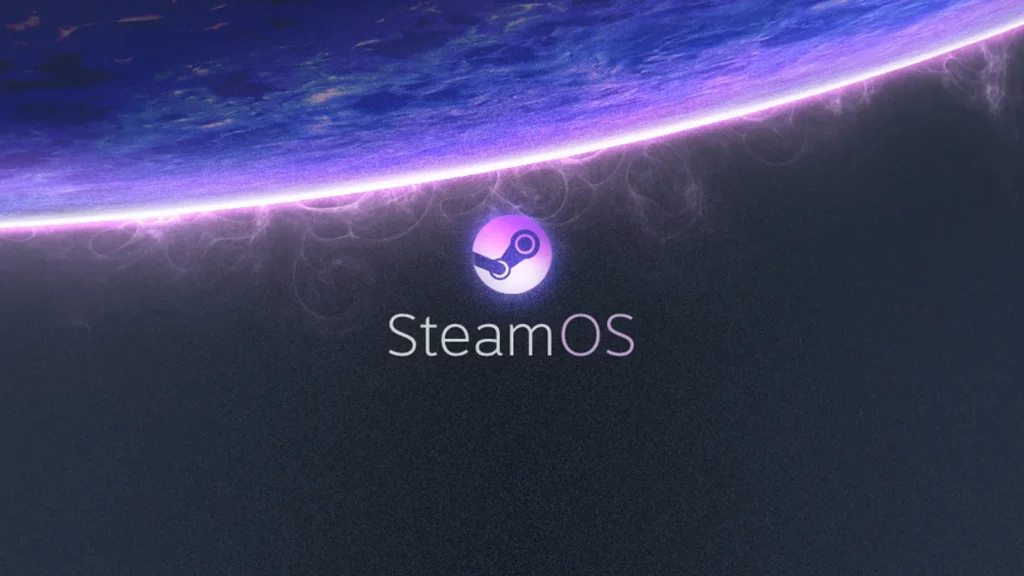
SteamOS, Valve's custom Linux operating system based on Arch Linux, is one of the key components that would elevate the experience today. Valve has put together an incredible lineup of features to elevate the experience, like integrated FSR and color changing, while also keeping the OS relatively lightweight. And with the release of the Steam Deck, an overhaul of the client has created a new "Big Picture" experience based on the Deck's Game Mode, which is fantastic.
SteamOS 3 has made leagues of improvements on top of that. Being able to adjust refresh rate, great integration for Steam features (like Remote Play Together), better support for NVIDIA, AMD, and Intel GPUs, VRR support, and so much more.
With all of the game-friendly features and the lightweight OS, it is a preferable operating system to use on computers. And with the Steam Deck's Game Mode becoming the new Big Picture interface, it stands out as a fantastic console UI that allows us to easily find our games, utilize Steam's features, and customize how we want via plugins.
Proton Has Made Gaming on Linux Possible and Accessible
The other big issue with the Steam Machine back in the day is being able to just play games. While some had Linux versions, the majority of games only have Windows versions, making them unplayable on Linux. This was a massive problem before, but with Proton, it has almost completely become an issue of the past.
Proton is a compatibility layer that runs on Linux when you try to play a Windows game. It translates the APIs being used into a readable format for Linux, making it possible to run games that weren't designed to run on Linux. This layer has been heavily implemented on the Steam Deck to run games, and it works wonderfully.
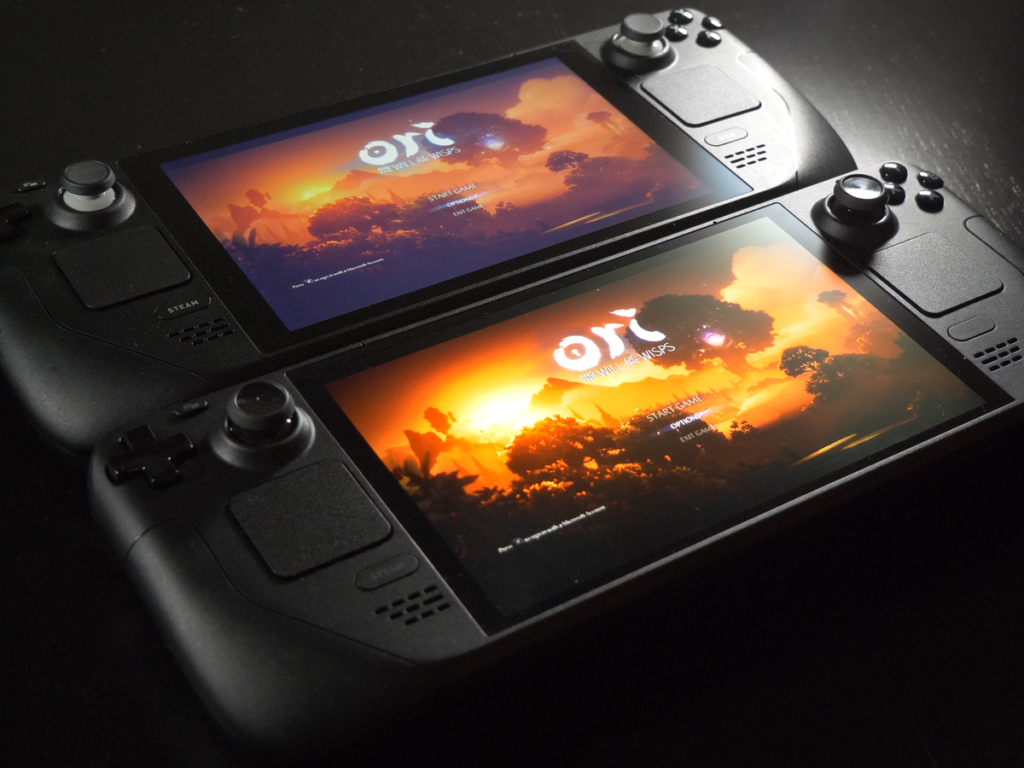
The Proton layer works across any Linux OS, so desktop computers running a different version of Linux are also able to use the Proton layer. Proton has been refined to a tee now, and with the constant updates, new games are playable without needing to do any workarounds to launch them. Incorporating this into a new Steam Machine while making it easily accessible to download like they are on the Steam Deck. This eliminates the issue of a limited game library, with almost every game now playable using Proton.
A handful of games don't work due to anti-cheat issues. Games like Call of Duty, Battlefield, and Valorant use kernel-level anti-cheat, which isn't compatible with Proton, and some games, like Destiny 2 and Fortnite, just aren't enabled for it. But almost every game is playable with it, including new games that have recently been released, like SAND LAND, Manor Lords, and Heading Out.
Steam Controller V2 Time
A console-like device with a good controller is necessary for the experience, and I think Valve could create that now. The Steam Controller had some great features, like the back buttons and touchpads, but there were definitely some issues, like the handles. Well, the Steam Deck is one of the most comfortable devices to hold, and I think they could easily create a controller from that.
If Valve just took the Steam Deck, eliminated the screen, and pushed the sides together, we would essentially have the perfect controller. The handles feel great, the dual-touchpads make playing point-and-click games so much easier, and the four back buttons give us ways to customize our experience. With a Steam Controller, we could also have native Steam Input support, which gives us the chance to really customize every single button on the controller.
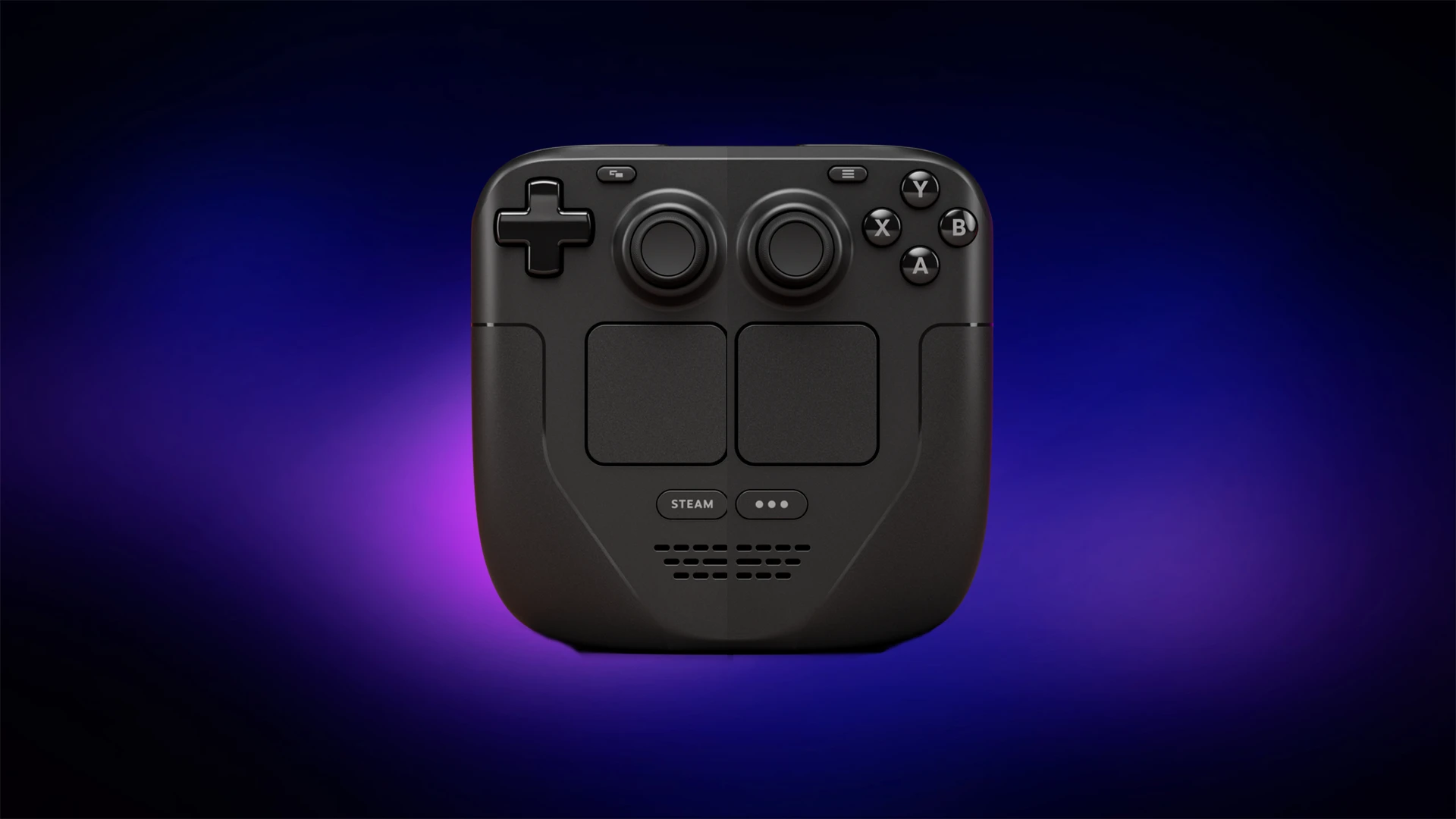
And Please, Only One Set of Hardware
One of the last things I think Valve dropped the ball with the Steam Machine was leasing the name to different manufacturers. This led to many different versions of the Steam Machine with different CPU/GPU combinations, each with different prices and designs. It was confusing to pick and choose which model would be the best to get, which was the best version, and what would be worthwhile to invest in.
Something that would save this version is to just make 1 model. Like the Steam Deck, don't try to sell 6-7 different versions of the device that all have different performance due to hardware changes. I believe sticking to one will not only help you decide to purchase much more easily but can also help solve some other issues, like finding the best settings for optimal performance. Seeing how well the Steam Deck has launched, I think this approach would be a massive positive change.
The PC Ecosystem - Library, Cross-Platform Purchasing, and Deals
One of the greatest things about the Steam Deck and Steam in general is utilizing the PC gaming ecosystem. Many things make PC gaming wonderful beyond the performance you can get from top-of-the-line hardware, and that's one of the best parts about a possible Steam console experience.
First, we have the library. Being on a PC, we have an extensive list of games. On Steam, we have over 100,000 games available. These can vary from games that were just released last month (like SAND LAND and Manor Lords) to games that were released when Steam launched in 2003. Since this is a PC, we can also access other launchers, like Epic Games, Ubisoft Connect, GOG, and more. We ALSO have DRM-free games, itch.io, and even the ability to emulate titles. This means we can effectively play games that were released in the 80s all the way to the present, games that were on older consoles that can't be purchased anymore, and even games that are console exclusives that also come to PC. If you want a backward-compatible console, PC can't be beaten.
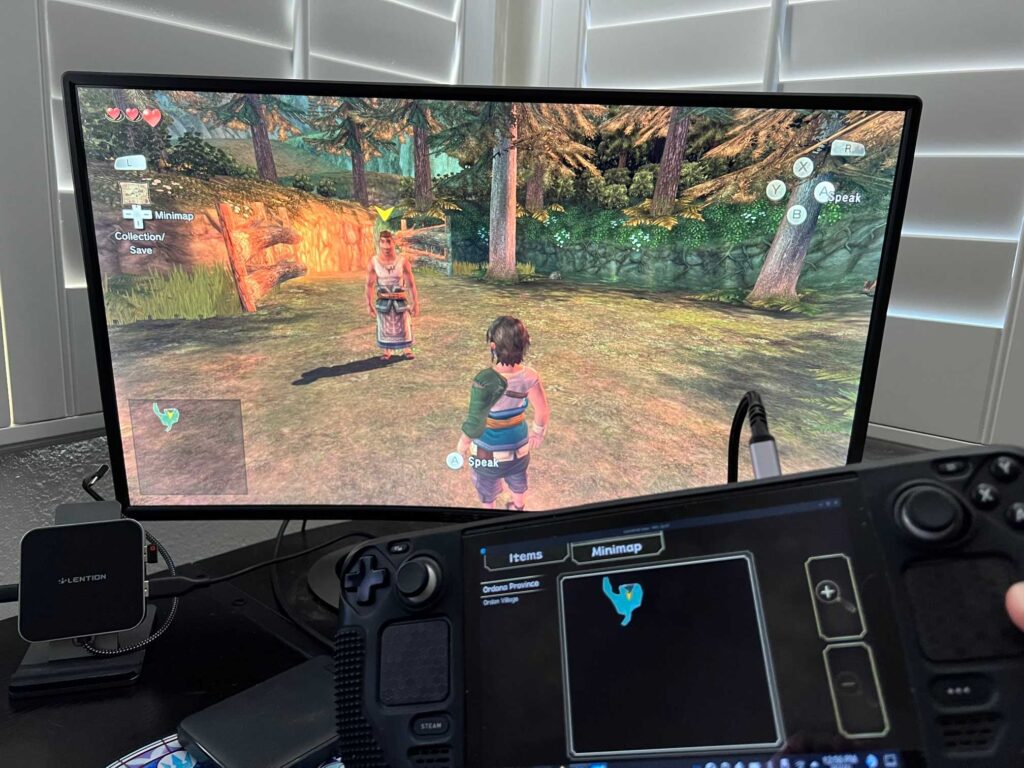
This is further enforced by how accessible your purchases are. Let's say you decide to buy a game on Steam, and it is on your account. You can now access it on any device that can log into Steam. So, a desktop PC, laptop, handhelds like the Steam Deck and ROG Ally, and the Steam Machine will all be able to access your entire Steam library. This does go into the issue of digital purchasing, though, and that the games you buy could have their license pulled from your account, but this has happened on other consoles, too, like the PS5 (Crunchyroll), so this is more of a worry for digital purchases in general.
Speaking of which, since the Steam Machine is a PC, you can also use it the way you'd use any computer. This means movie and TV show streaming services like Netflix and Hulu are supported, browsing the web, in general, can be done, and you could even possibly install programs that you wouldn't normally think to install to turn into a workstation (like for photo or video editing).
While you can buy the games directly on Steam, the beauty of PC gaming is how you can find external deals to maximize your savings. Let's say you want to get Hi-Fi Rush on Steam right now. Well, you can get it directly on Steam for $29.99. But, if you want to save money, you could look at official third-party websites that sell games for Steam. In this case, you can pay $12 to get a bundle of 8 games for Steam that includes Hi-Fi Rush. It also has Yakuza: Like a Dragon, Steelrising, and more. Websites like Humble Bundle, Fanatical, Gamebillet, and GreenManGaming officially sell games for Steam, Epic, and other DRMs while also offering discounts to get them from the site. Humble and Fanatical also do bundles, so you can find cheap ways to get a group of games. If the games are Steam copies, which most are, you will get a key that you input into Steam, and it will add the game to your account, essentially giving you the game similarly to if you bought it directly on the store.
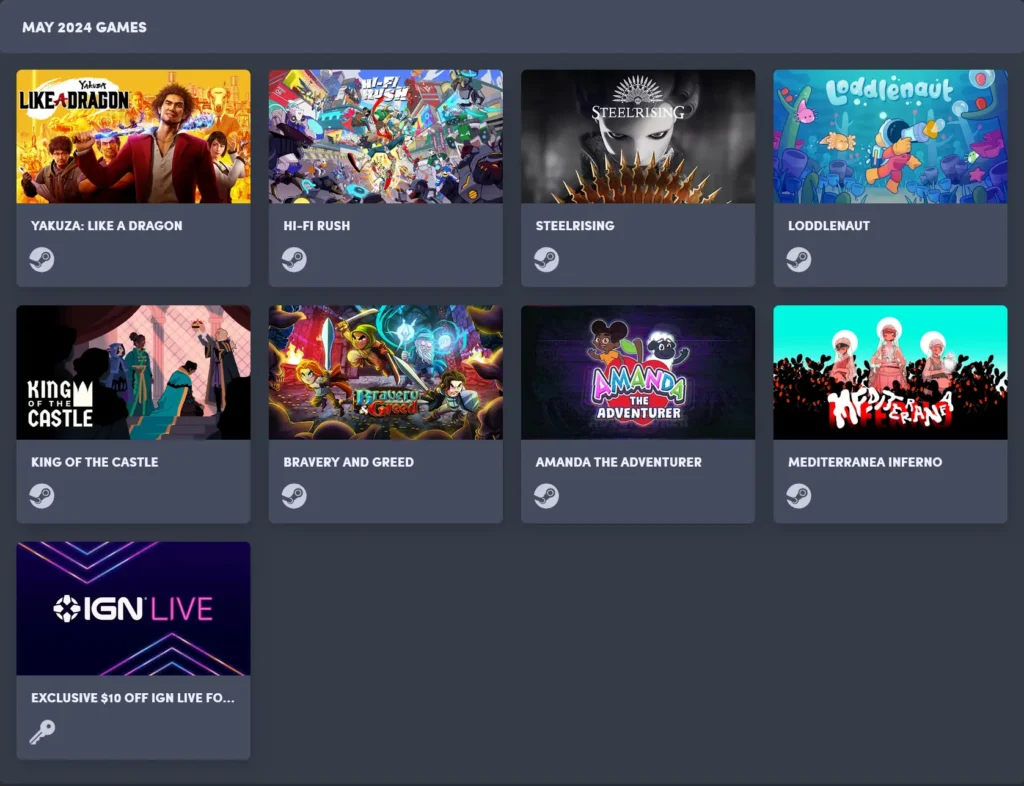
All of this together makes the PC gaming ecosystem much more friendly for game preservation, increases the number of games available, and saves money altogether.
Distrust in Microsoft and Sony is Climbing
The last two years have been a tough one for the industry as a whole, but recent actions have made it much harder to put trust in Microsoft/Xbox and Sony/PlayStation.
Last year, PlayStation laid off around 900 people, seeing some wonderful developers being cut from studios making award-winning games like Naughty Dog (Uncharted, The Last of Us), Insomniac (Marvel's Spider-Man, Ratchet and Clank), Guerilla Games (Horizon: Zero Dawn/Forbidden West), and more. This was followed up by Bungie cutting around 100 people to seemingly avoid a takeover from Sony, their parent organization.
Just yesterday, we were told that Xbox was closing multiple studios that also make critically acclaimed games, such as Tango Gameworks (Hi-Fi Rush, Prey, Ghostwire: Tokyo) and Arkane Austin (Prey, Redfall). Looking at it from the big picture, it is weird to see.
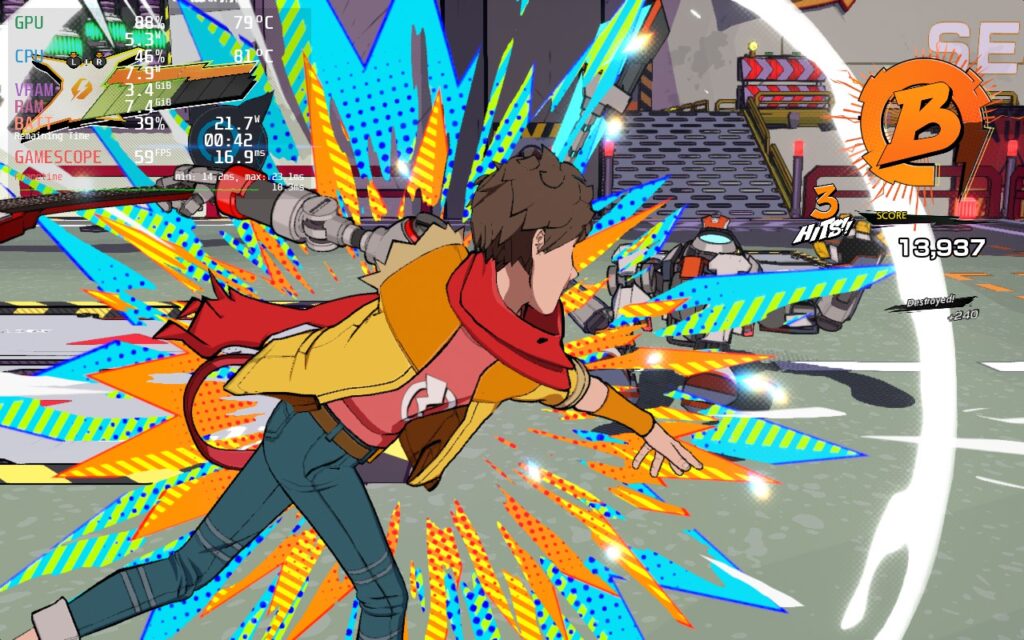
These studios have made games that have been critical successes in their releases. Tango Gameworks, for example, made Hi-Fi Rush one of the best Xbox titles in the last year and a half. In contrast, Insomniac has made essential titles that headline PlayStation's advertisements to encourage people to buy the console. For companies to speak so highly of their studios only to cut or close them leaves a sour taste in the mouths of most people. It makes it much harder to want to support their ecosystems, even when they do make amazing games, because they don't seem to support developers, even when the amount of money spent on video games is only climbing and has reached $57.2 billion in 2023.
This could easily boil over into the consoles, and it gives me some worries about what they could try to do in the future. On the game side, PlayStation walked back a controversial decision to require a PSN account to link to and play HELLDIVERS 2. This led to the game being de-listed in 177 countries where the game was originally playable but couldn't make PlayStation accounts. PlayStation walked back from the decision to require account linking, which is a great step, but the game still can't be purchased in those 177 countries.
While Valve isn't perfect, they also don't own different studios and haven't made massive decisions that can destroy trust in the brand. No matter what decisions they have made, confidence in the Steam platform has not faltered. It also helps that Valve just manages the Steam platform and doesn't manage any studios, so they want to be open to any developers who want to put their work on Steam. If a game is taken off of Steam, it is the developer's decision 95% of the time, with maybe 5% being due to the game-breaking Steam Terms of Service.
Where Can Many Consoles Go From Here?
The other issue I have with consoles is how they will be improving from now on. It seems like consoles are essentially catching up to what PCs can do with an easier and more accessible UI. The big benefit of consoles is that they do not have to change their settings to play the game in the best way possible. This will always be the case for consoles like the PlayStation and Xbox, but recently, more games have adopted different ways to play (Quality vs Performance modes). This is nowhere near the extensive options that PC gamers have in their graphical settings, but it is heading towards tailoring your experience the way you want to.
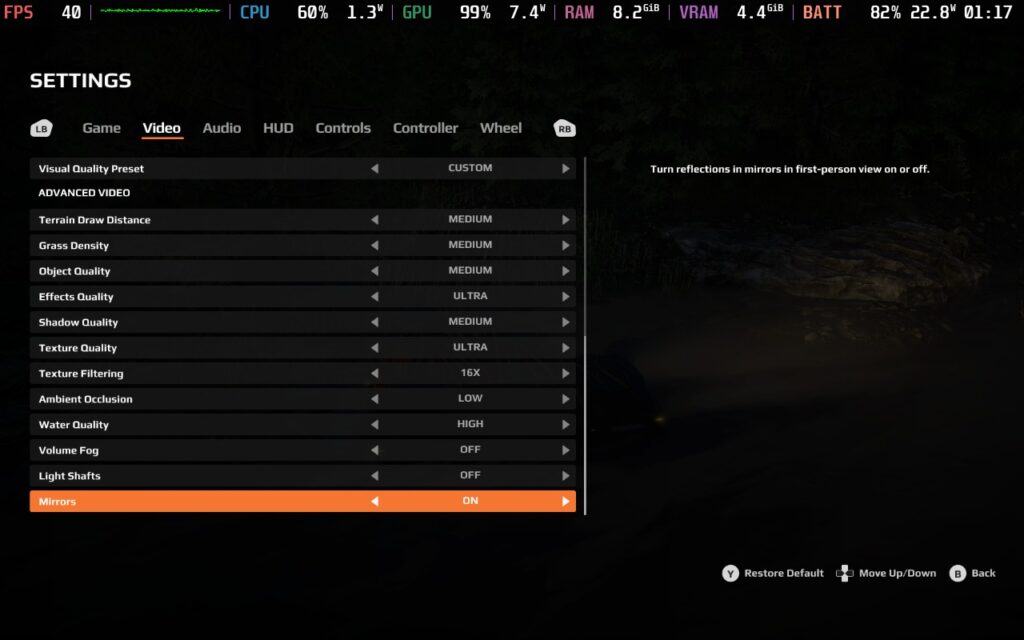
On top of that, consoles can only go so far with the hardware. They seem to be continuing to push performance into better ray tracing, native 4K performance, possibly 8K resolution support, and higher framerates, which is pretty much catching up to what PCs can achieve based on the hardware.
Steam's Big Picture mode now has a more streamlined UI that feels like a console, bridging the gap even more. And while it may not be as smooth as PlayStation or Xbox's UI, it's a major step forward from the old Big Picture mode or any fullscreen interface that we have seen in the past.
I don't think PC gaming will ever completely overtake the simplicity of booting up a game on a console without needing to change anything. Being able to change and customize the way we play is a core concept of playing games on a computer. Still, with developers starting to offer options on how to enjoy the experience of their games on consoles, it's starting to become similar. Developers have been doing a better job at creating good presets on PC, which is good, but we won't be able to eliminate the possibility of changing settings further.
In this case, I think the Steam Machine, if released again, should not have multiple different variations like the original release. It should be treated more like a console, similar to the Steam Deck: One set of hardware updated every couple of years with a new version of the device. Then, we can have a service, like what we do, go through and find the right settings to play the game optimally on the Steam Machine. If Valve could partner with a service to do something like this and integrate it within Steam in a visible way, that would solve this issue completely.
I truly believe if Valve makes these decisions and follows the same method they did with the Steam Deck, they would be very successful. What do you think, though? Would a Steam Machine succeed now? Do you think Valve should take a different approach? Let us know in the comments!
If you enjoyed this article, check out the rest of the content on SteamDeckHQ! We have a wide variety of game reviews and news that will help your gaming experience. Whether you're looking for news, tips and tutorials, game settings and reviews, or just want to stay up-to-date on the latest trends, we've got you covered!





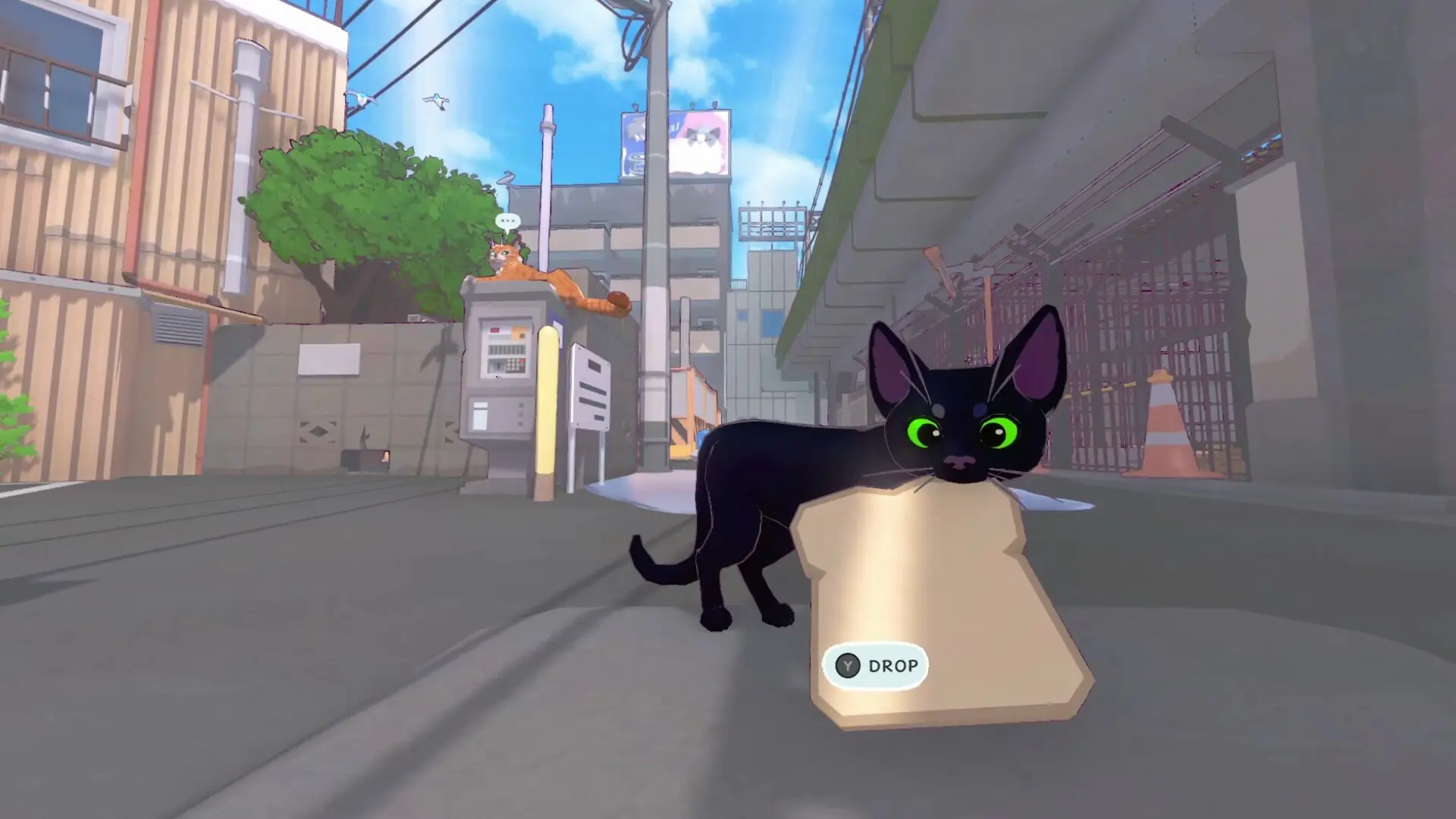

I actually believe Valve will release a new steam machine in 2027. Why 2027? Perfect time since AMD should've released their new apu by 2026.
Great idea. I'd buy one in a heartbeat. I've never owned a console until my Steam Deck. I started way back on an Apple][+ and then went to PCs with games like Wing Commander and Civilization.
Today, I have my main gaming PC connected to my home theater, and almost exclusively use Big Picture Mode with a DualSense controller or my Steam Deck in remote mode (so I can use the deck as a controller while getting surround sound and 4k from the PC). With a Logitech wireless keyboard with TouchPad for web browsing, I don't even miss sitting at my desk with the ultra wide gaming monitor. The Steam experience is just that good these days.
Fantastic arguments for bringing them back. However I see one thing that kind of makes the idea redundant - you can plug a Steam Deck into your TV and use it exactly as described.
The TV experience wasn't great when it launched and the dock was initially MIA but with the issues ironed out it is fantastic now so they could lean into it more going forward, perhaps bundling the dock and the controller you described and bringing the feature front and center in marketing.
They could do a cheaper SKU without a screen but I'm not sure it would be attractive by comparison (Valve were surprised when almost everyone went for the more expensive Deck).
The Deck is hitting that sweet spot of performance and price while having fixed targets for devs, resulting in a great experience for both console and pc minded players.
I would not be surprised to see a Linux client for Xbox as Microsoft continues to embrace Linux while pushing Xbox as a service, if so, others may then follow suit.
That’s a fair point. You can dock it and get a great console-like experience, but I don’t think a lot of people perceive the Deck in that light. This would be a good opportunity to bring in a “premium” performance “console” experience that you can’t get with the Deck, which can be marketed as a companion to the Steam Machine.
The biggest pro for a Steam Machine is the performance aspect. With it, Valve doesn’t have to worry about battery saving measures or finding a balance, they can push power. Imagine a $500 console on par with PS5 power, but is a full PC and has great integration with the Steam Deck? I think that’s very plausible.
Obviously, we would have cross platform purchasing (all linked to one Steam account) but I could see other unique features like turning the Deck into a controller for a Steam Machine or unique streaming methods. It could lead to a great ecosystem overall that’s very consumer friendly.
I am not knocking on the Deck’s docking ability either. I think versatility part of what makes the device so amazing. But it does lack in power for the newest games, and giving us a console-like device to bridge that gap, while offering unique ways to interact with the Deck as a companion, would be wonderful.
I've been saying this for years. One thing I think you should have mentioned is price. Valve is the only company positioned to release a "PConsole" at a subsidized price that could possibly cost around the same as a PS5 or PS5 Pro while having similar specs. It would instantly become the most powerful prebuilt PC in its price range and could easily attract console gamers who have been too intimated to switch to PC because of all the choices of prebuilts out there, too intimidated to build their own, or too intimidated by the cost of a powerful enough PC that can compete with home consoles.
Also, Valve could get a custom SoC from AMD that runs efficiently and isn't as power-hungry as a PC built with similar specs while in a neater, smaller form-factor. For example, I have my own desktop hooked up to my TV and I have a ton of cables running around it, one of which is for a bluetooth dongle for my PS5 controllers. In my experience, every single bluetooth dongle and adapter for PC is just not good enough for multiple controllers at once, while my Steam Deck OLED can handle up to 6 controller simultaneously because Valve was able to source a good bluetooth radio for their system. It's much, much less of a hassle to setup bluetooth devices on the SD than it is on a Windows PC.
SteamOS really helps to streamline the setup so I can just get straight to gaming.
Bring it back? Steam Machines never left my living room since Valve released the first SteamOS.
It required a bit of elbow grease at times, but having all your games in one console-like machine is mind blowing.
I agree that a Valve built machine is overdue. It would make the experience I have enjoyed for the better part of a decade much more accessible to everyone.
Brilliant write-up!
I think a lot of us were thinking about this exact topic when the Steam Deck took off almost out of the blue!
Proton is ripe (unlike back then) and there are a LOT of people switching from consoles to PCs (even some of my console gamer buddies are now "PC-curious", coming from Nintendo and Sony consoles). A simple PC machine that works sort of like a console would probably bridge that gap between ease of use and "PCness".
The big question mark would be the price. Not sure how cheap a competing piece of hardware could cost... You get a lot of bang for buck with a Playstation 5, for example, and a lot of people wouldn't necessarily understand that PC gaming is really cheap in the long run (sales, bundles, keysites, etc), even if that initial box purchase is a bit more expensive than a console.
I'd like to see it happen, though. Especially if it means we get a new controller from Valve - those trackpads coupled with full-feature controller buttons on the Steam Deck are such a selling point!
A boy can dream... 😀
Great article, and very exciting concept. My only concern is that it could be years away, and I want it now please.
Right? I think NOW would be the perfect time for it to release.
Valve, PLEASE do it!